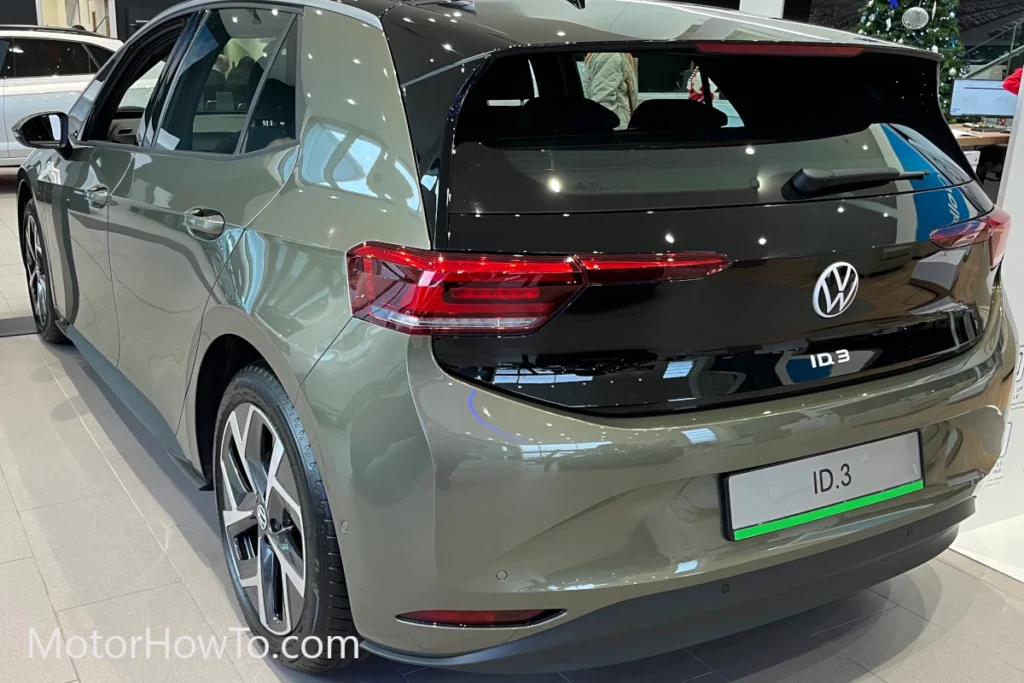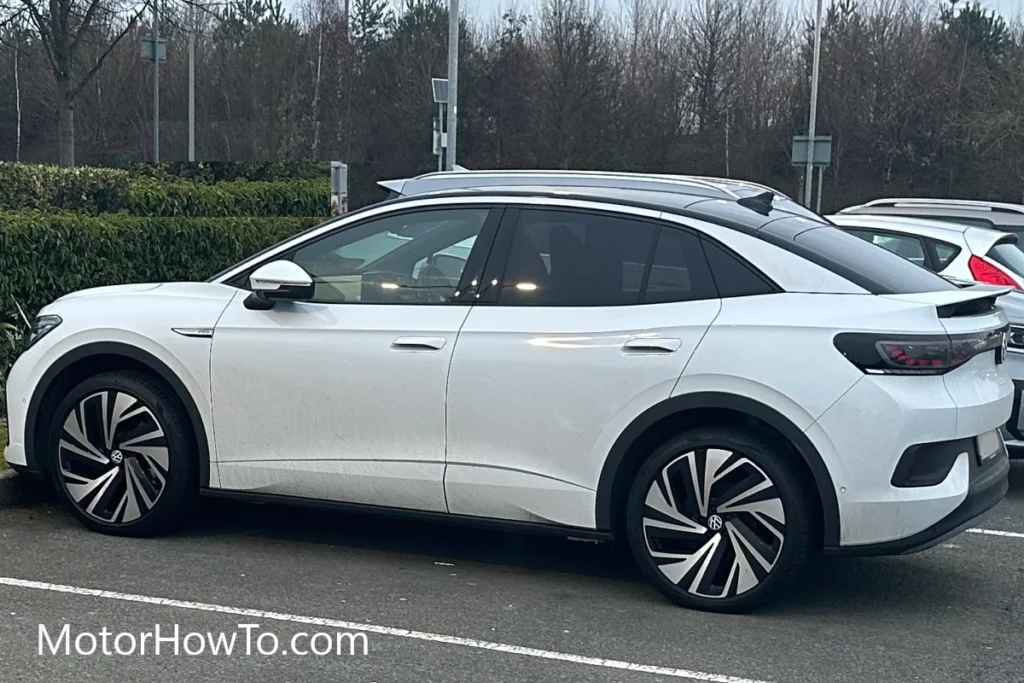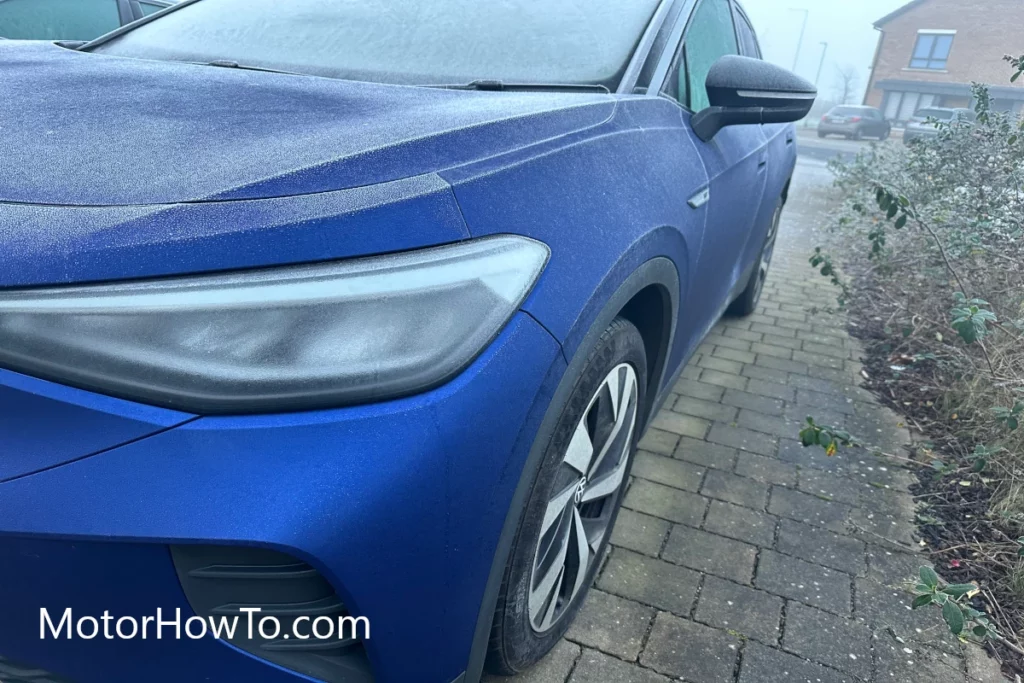Navigating the world of electric vehicles (EVs) can be as exhilarating as it is complex, especially when understanding how different models interact with the myriad of charging stations available today.
This article delves into the specifics of the Volkswagen ID series, a line celebrated for its innovation and design, and explores its compatibility with various charging stations.
The VW ID series is compatible with most charging stations, supporting Type 1, Type 2 and CCS connectors for AC and DC charging. It can handle up to 11 kW on AC and 125 kW on DC chargers, ensuring fast and efficient charging at a wide range of public and home stations.
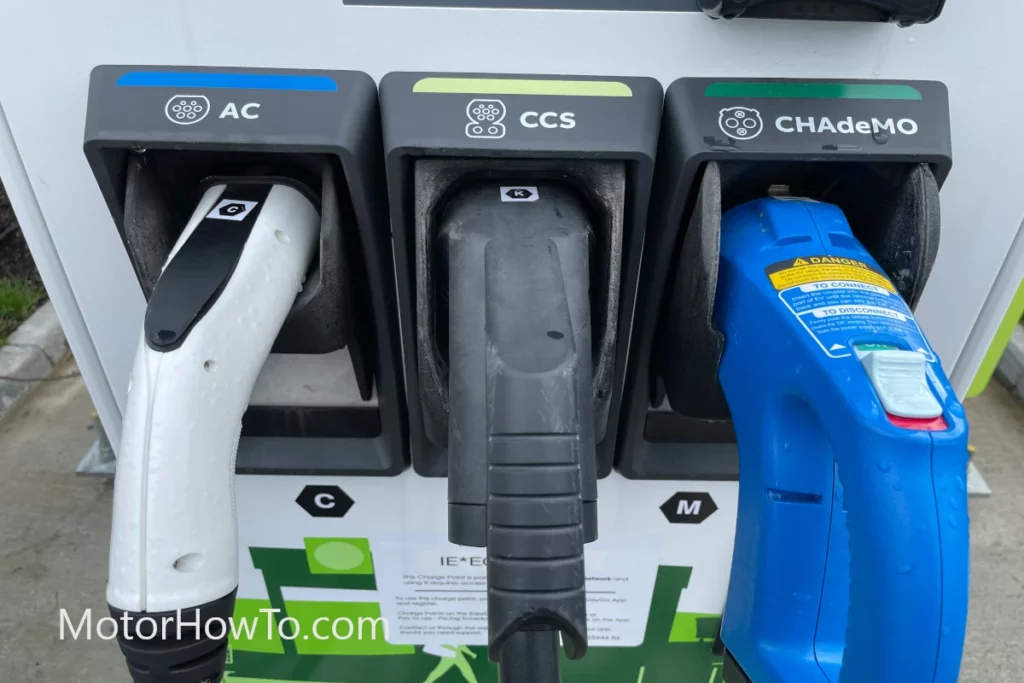
By shedding light on this topic, we aim to provide clarity and guidance to owners and enthusiasts keen to understand the nuances of charging their VW ID, ensuring they can make the most of their electric driving experience.
Related:
- Home Charging Solutions for VW ID Series (How-To Guide)
- Maximizing Battery Life in Your VW ID (Maintenance and Care Tips)
- Deep Dive into Interior Features of the VW ID Series (Explained)
Exploring Type 2 and CCS Connectors: A Deep Dive
In our exploration of the world of electric vehicle charging, particularly for the Volkswagen ID series, it’s essential to understand the connectors’ intricacies.
This deep dive into Type 2 and CCS connectors will shed light on their functionalities and how they contribute to the efficient charging of your electric vehicle.
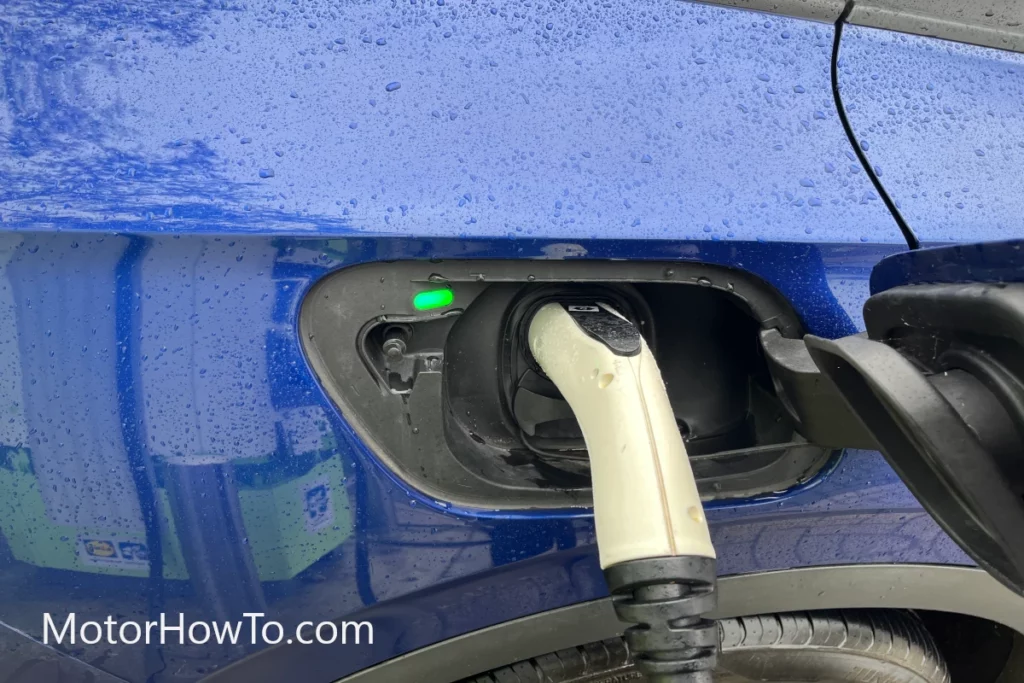
The Type 2 connector, predominantly used in Europe, has become a standard for AC charging. Its design accommodates a wide range of charging speeds, making it versatile and adaptable for various charging needs.
The Type 2 connector’s compatibility with different charging rates means that whether you’re charging your VW ID at home overnight or at a public charging station, you can expect a consistent and reliable charging experience. Its robust design ensures durability and a secure connection, minimizing wear and tear over time.
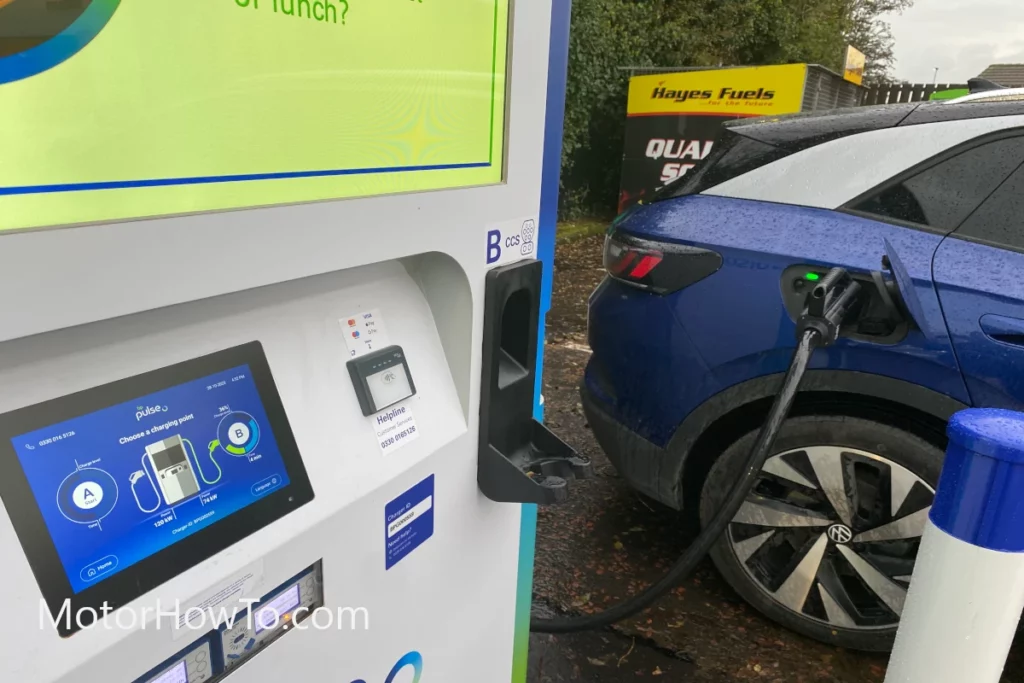
On the other hand, the CCS (Combined Charging System) connector revolutionizes the charging process with its focus on DC fast charging.
Designed for rapid energy transfer, the CCS connector significantly reduces the charging time for your VW ID, making it an ideal choice for quick top-ups, especially during long-distance travel.
The ability of the CCS connector to handle high power levels is a testament to its future-proof nature.
The CCS connector is expected to evolve as charging technology advances, offering even faster and more efficient charging solutions.
Understanding the differences between these two types of connectors is crucial for VW ID owners.
The Type 2 connector provides a reliable and versatile charging solution for everyday use, while the CCS connector caters to the need for speed, especially during longer journeys.
As electric vehicles continue to advance, the roles of these connectors will become increasingly important, ensuring that your VW ID is not only charged but also ready to meet the demands of modern electric mobility.
Check out this great article on Charging Issues with VW ID vehicles
Maximizing Efficiency: AC and DC Charging Capabilities
When charging your Volkswagen ID, knowing the ins and outs of AC and DC charging capabilities can significantly enhance your vehicle’s efficiency and overall user experience. This section delves into how these two types of charging work and how you can make the most of them for your VW ID.
AC Charging (Alternating Current):
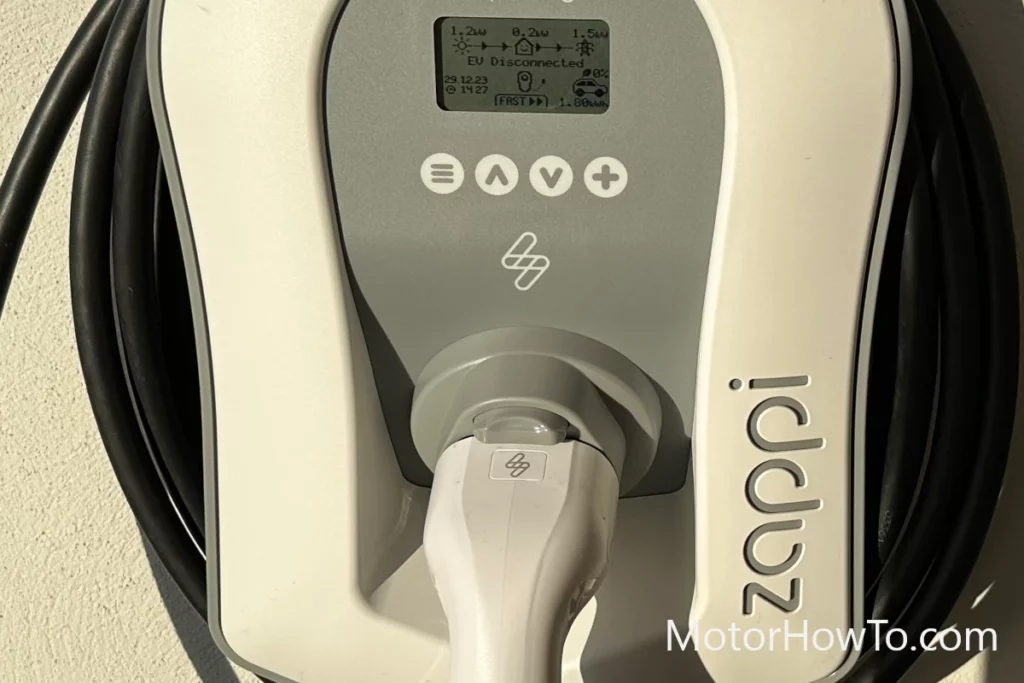
- Ideal for home and workplace charging.
- Converts AC electricity to DC for battery storage.
- Generally slower, suitable for overnight or extended charging.
- VW ID supports up to 11 kW with AC charging.
DC Charging (Direct Current):
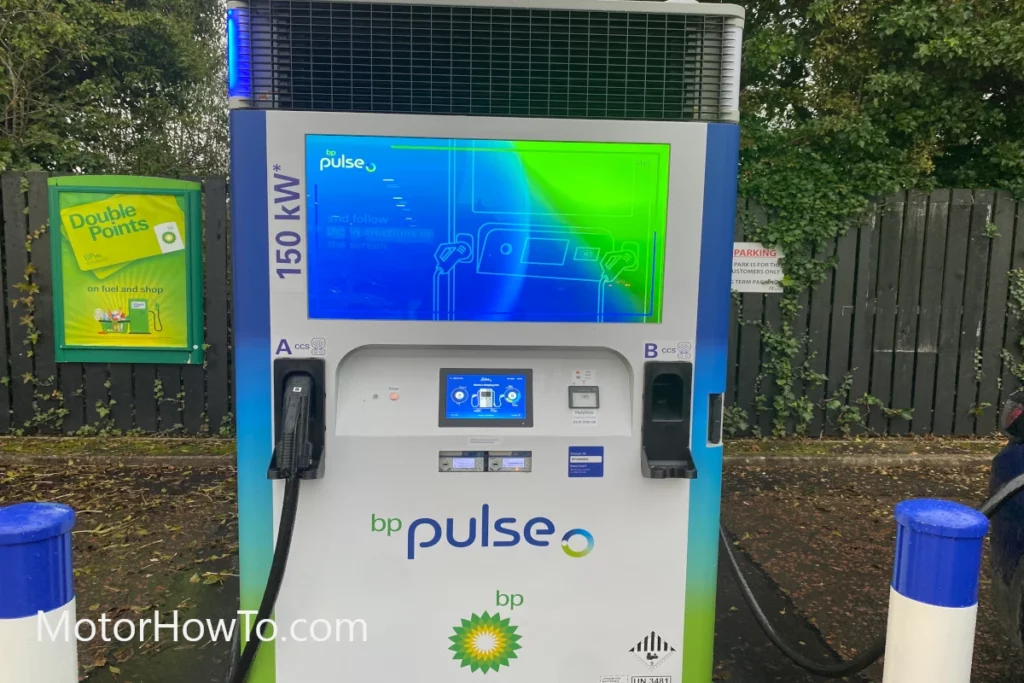
- Used primarily in fast-charging stations.
- Delivers power directly to the battery, bypassing internal conversion.
- It is much faster and ideal for rapid top-ups during long trips.
- VW ID can handle up to 125 kW on DC fast chargers.
Grasping the capabilities and limitations of AC and DC charging can greatly affect how you use your VW ID.
While AC charging offers convenience for daily use, DC charging is a game-changer for longer journeys, ensuring you spend less time waiting and more time on the move.
This knowledge empowers you as a driver and helps maintain the health and longevity of your vehicle’s battery.
Check out this great article on VW ID Battery Issues due to Fast & Slow charging
Navigating Public and Home Charging Options
Navigating public and home charging options for the Volkswagen ID involves understanding the different types of charging stations available and how they cater to various needs and scenarios.
This knowledge is crucial for VW ID owners to ensure they are using the most efficient and convenient charging methods.
Home Charging:
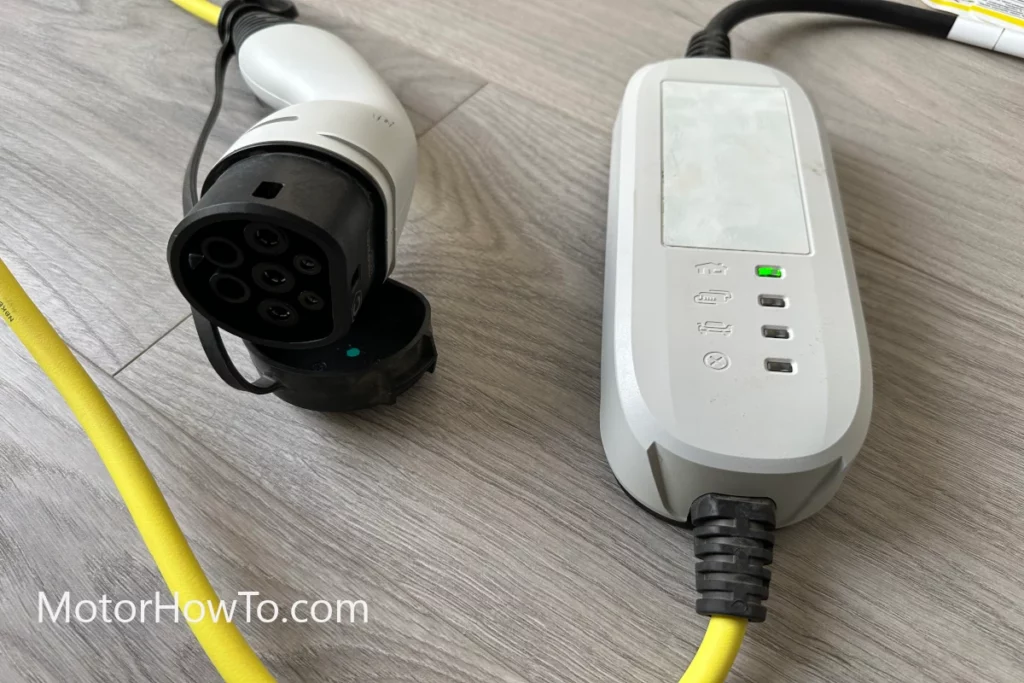
- Installation and Equipment: Most VW ID owners opt for a home charging station. This involves installing a dedicated charging point, which usually requires professional installation.
- Charging Speed and Convenience: Home chargers typically use AC power and offer a charging speed of up to 11 kW, making them ideal for overnight charging.
- Cost Considerations: While the initial setup can be costly, home charging is generally more economical in the long run compared to public stations.
Public Charging:
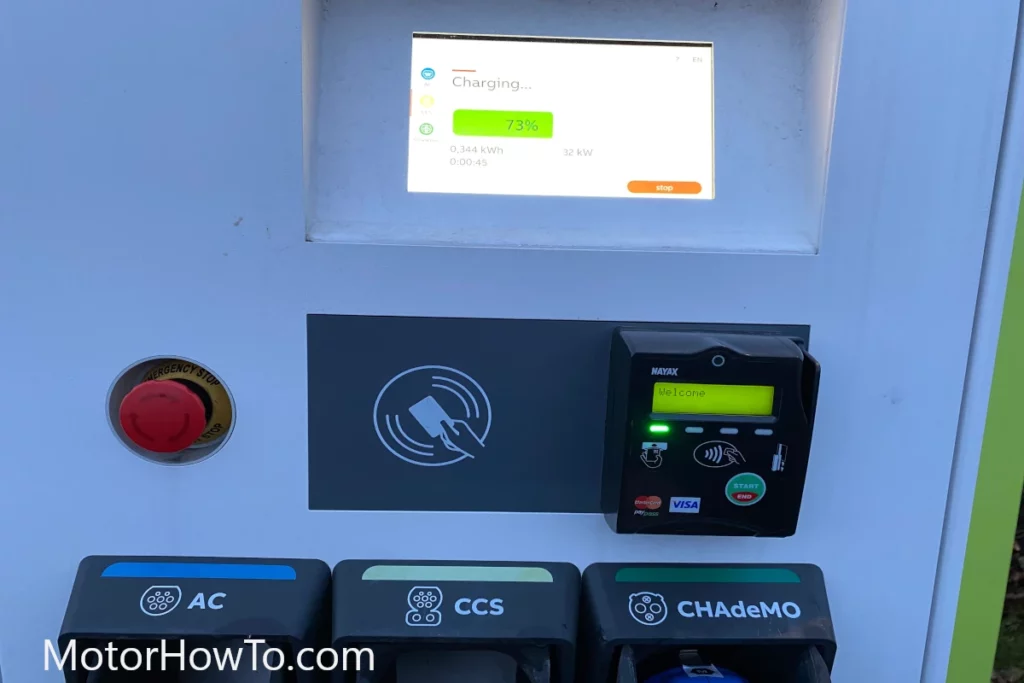
- Availability and Locations: Public charging stations are widely available in urban areas, along highways, and at various public spots like shopping centers.
- Charging Speed Variations: Public chargers vary, with some offering rapid DC charging that can power the VW ID much faster than home AC chargers.
- Payment and Accessibility: Public stations often require a subscription or pay-per-use model, and accessibility can vary depending on location and time.
Understanding these options helps VW ID owners decide where and how to charge their vehicles. While home charging offers convenience and cost-effectiveness, public charging stations provide speed and flexibility, especially for longer trips.
Balancing these options based on individual lifestyles and driving patterns is key to a seamless and efficient electric vehicle experience.
Future-Proofing: The VW ID and Emerging Charging Technologies
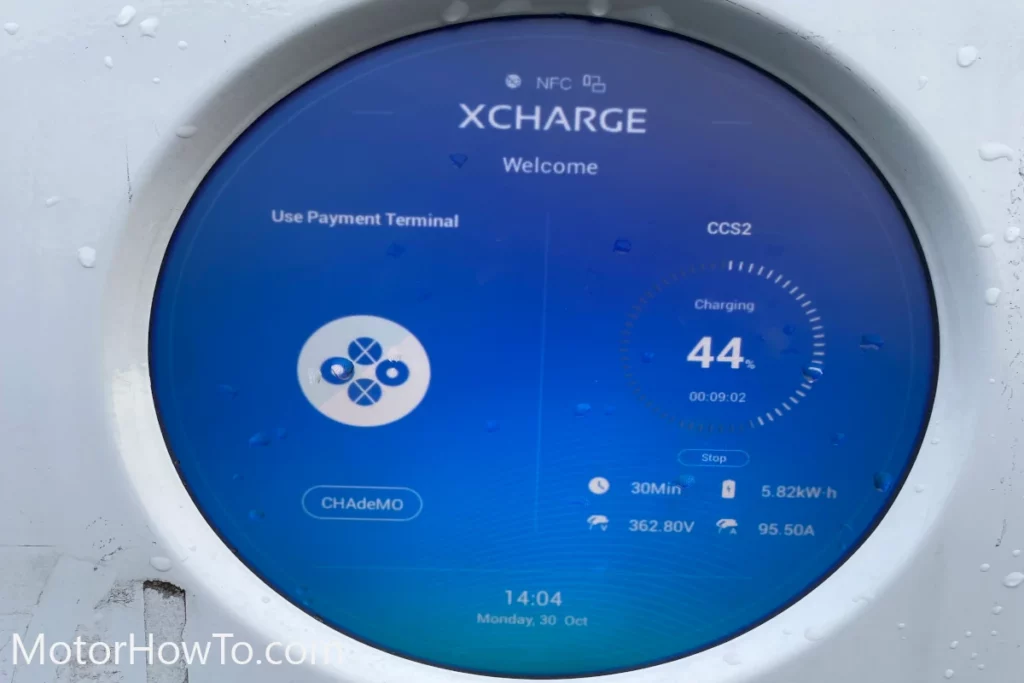
As the world of electric vehicles continues to evolve, future-proofing your Volkswagen ID against emerging charging technologies is crucial.
The rapid advancements in charging infrastructure and technology promise more efficient and faster charging options, making it essential for EV owners to stay informed and adaptable.
The VW ID is designed with this future in mind, equipped to handle the current standards while adapting to upcoming innovations.
Innovations in Charging Speed and Efficiency
One of the most significant areas of development in EV charging is the enhancement of charging speed and efficiency.
As new technologies emerge, the goal is to significantly reducing charging times while maximizing battery life and performance.
The VW ID’s compatibility with high-speed DC charging is a step in this direction, offering a glimpse into a future where EV charging is as quick and convenient as refueling a traditional car.
Wireless Charging and Smart Technology Integration
Technologies like wireless charging and smart grid integration are set to revolutionize how we charge our electric vehicles.
Still, in its developmental stages, wireless charging aims to provide even more convenience by eliminating the need for physical connectors.
Additionally, integrating smart technology with charging systems will enable more efficient power management, allowing your VW ID to charge during off-peak hours or when renewable energy availability is high.
Preparing for a Sustainable Future
Electric vehicles like the VW ID play a pivotal role in the quest for a more sustainable future.
As charging technologies advance, they bring us closer to a world where electric mobility is the norm, offering an eco-friendly alternative to fossil fuels.
The VW ID is at the forefront of this shift, embracing current technologies while being ready for future advancements, ensuring that it remains a relevant and efficient choice for eco-conscious drivers.
Sources
How to choose a charging station for Volkswagen id-4
Understanding the what, where and why of electric vehicle charging

